SVoD giant is conundrum for producers, broadcasters and analysts
When Netflix’s market cap eased past the stock market’s valuation of Disney last week (the two giants are neck and neck as I write), it felt both seismic and silly. The former has justifiably become the symbol of the peak TV era, and shorthand for the challenges facing the industry in terms of changing viewing habits and the power of a truly global player when so many British players feel just that – very British.
A very senior exec at a heritage UK broadcaster recently told me that Netflix doesn’t have brand values in the same way that the PSBs do. He meant in terms of commitment to risk-taking, or innovation, or ordering shows that feel especially British – but I’m not sure he’s right.
Netflix might not have a remit, but its brand identity is a commitment to creating content that is ostentatiously uber-premium. We haven’t yet seen any of the SVoD operator’s shows from Shonda Rhimes, Ryan Murphy or Barack and Michelle Obama, but when you strike deals with elite talent like that, you’re definitely making a statement about your values.
Yet there’s something baffling about the valuation of Netflix, in terms of its debt (significant) and profitability (small), compared with, say, Disney or Comcast. Maybe it’s unfair to be critical of a business that is delivering incredibly high growth and that has attracted 125 million subscribers around the world, but its sky-high valuation could prove an albatross.
There was always an expected narrative that one of the established players would ultimately buy the upstart streamer – at its current price, that seems unlikely.
If the BBC can no longer match the financial might of the likes of Netflix, striving to be the best creative partner it can seems to be a smart response
In the meantime, BBC2 controller Patrick Holland has joined director general Tony Hall and his deputy Anne Bulford in asserting the BBC’s cultural capital in the face of the Netflix revolution.
Ultimately, it’s for producers to decide what type of deals to strike with the SVoD giant, and whether to take its cheque if they can’t or don’t want to carve out IP ownership. It’s an old dilemma that goes back to dealing with lots of US cable operators and networks.
But Holland’s point about creative partnerships is more nuanced and intriguing. There is a fallacy that Netflix doesn’t offer notes, but producers do confirm its hands-off approach.
That makes interference a lot less likely – but rules out creative contribution as well. If the British commissioning model works properly, its distinctiveness should give rise to high-quality content that will benefit producer and broadcaster alike. If the BBC can no longer match the financial might of the likes of Netflix, striving to be the best creative partner it can seems to be a smart response.
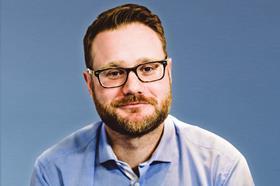
Chris Curtis is the editor of Broadcast










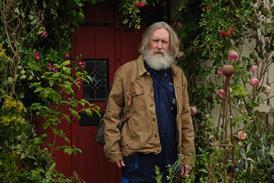
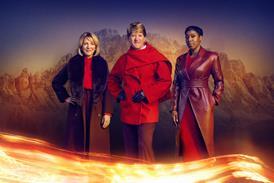








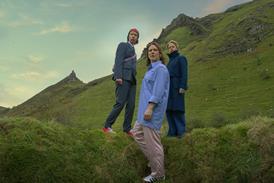


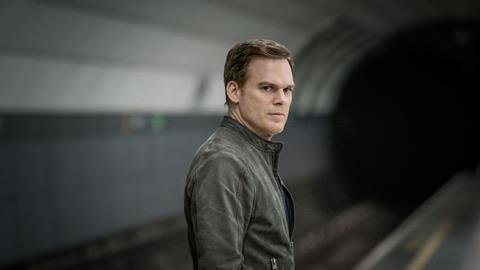






No comments yet